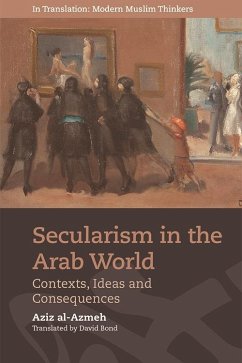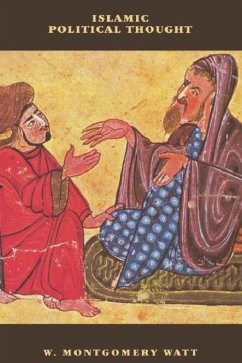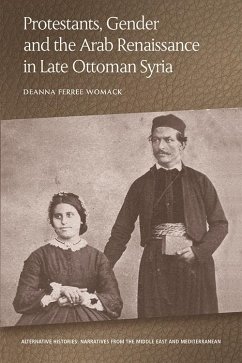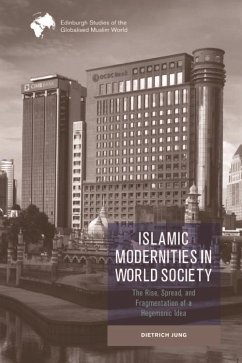
Violence in Islamic Thought from European Imperialism to the Post-Colonial Era (eBook, ePUB)

PAYBACK Punkte
10 °P sammeln!
This volume shows the diversity of approaches to violence in Islamic thought between the 19th century and the present day, avoiding the limiting characterisations of Islam being inherently 'violent' or 'peaceful'. It shows how ideas of 'justified violence' - grounded in Islamic theological and juristic traditions - reoccur throughout history, up to the contemporary period. Chapters on earlier events provide context for contemporary debates on violence, showing how traditional legal and theological ideas (such as the sovereignty of God's law and peace treaties) are used to both legitimise and d...
This volume shows the diversity of approaches to violence in Islamic thought between the 19th century and the present day, avoiding the limiting characterisations of Islam being inherently 'violent' or 'peaceful'. It shows how ideas of 'justified violence' - grounded in Islamic theological and juristic traditions - reoccur throughout history, up to the contemporary period. Chapters on earlier events provide context for contemporary debates on violence, showing how traditional legal and theological ideas (such as the sovereignty of God's law and peace treaties) are used to both legitimise and de-legitimise violence.
Dieser Download kann aus rechtlichen Gründen nur mit Rechnungsadresse in A, B, BG, CY, CZ, D, DK, EW, E, FIN, F, GR, HR, H, IRL, I, LT, L, LR, M, NL, PL, P, R, S, SLO, SK ausgeliefert werden.













